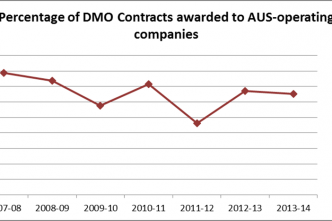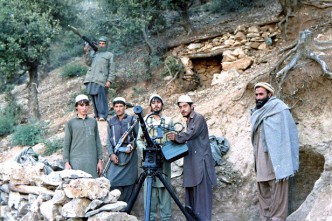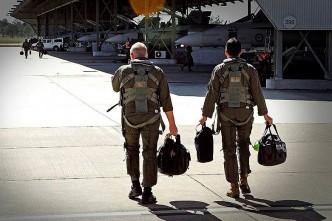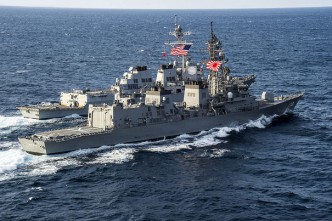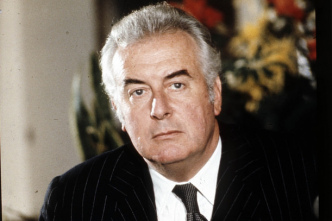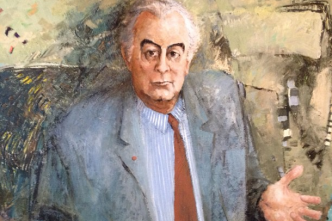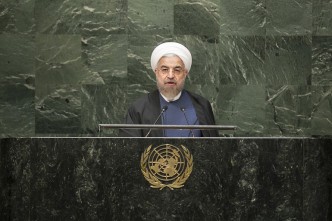Recent events, rumours and reports have cast a light on the future of Australia’s defence industry. High-profile considerations have centred on shipbuilding and submarines with the ongoing Senate Economics References Committee Inquiry, ministerial and prime-ministerial …
Unconventional warfare isn’t popular among Western strategists these days. Whether it’s supporting insurgent groups (the strict definition) or supporting militias allied with government forces, proxy warfare has a bad reputation. The complex situation in Syria …
Last month the Terrorism Research and Analysis Consortium (TRAC) estimated that as many as 15% of ISIS’ foreign recruits could be female, with up to 200 women from at least 14 different countries known to …
‘Big History’ is all the go at the moment. This is a relatively new way of attempting to explain what’s occurring today by searching for deeper trends that are shaping events. Its popularity’s understandable—particularly when …
Recently, the US and Japan released the Interim Report on the Revision of the Guidelines for US-Japan Defense Cooperation (PDF). The revision’s the first since 1997 and occurs in the context of Asia-Pacific power shifts. …
Gough Whitlam helped Australia think about finding its security in Asia, not to seek security from Asia. Not least of Whitlam’s achievements was to make Australia colour-blind, in both word and deed. Harold Holt’s government, …
I was pleased to be invited to speak at the South Australian Government’s Defence Industry Policy Summit (PDF) earlier this week. I was invited in my role as a member of the Defence White Paper Expert …
Gough Whitlam was a physical giant with an intellect to match. His flaws were pretty sizeable, too, and the pygmies who beset him were often from his own party. His self-mocking humour was immensely appealing, …
In memory of Gough Whitlam (1916–2014) and his contribution to Australian foreign policy, we republish here a brief excerpt from Ross Terrill’s ASPI Strategy paper, Facing the dragon, on Whitlam’s 1971 visit to China: Zhou …
Iran’s securing nuclear weapons would destabilise a region already suffering from mass upheaval, in addition to having dire security implications for the rest of the world. Multilateral efforts to deter the sadistic actions of ISIS, …
Three years ago the Five Power Defence Arrangements (FPDA) celebrated its 40th birthday, an anniversary that sparked a flutter of international curiosity about this most eclectic of regional security frameworks. By way of animal analogy, …
Here’s Canberra lore—or three rules of an Unholy Trinity—explaining how politicians operate. When nothing makes sense, rely on the Trinity pulsing beneath the surface of party, parliament and government: It’s always personal There’s always a …


